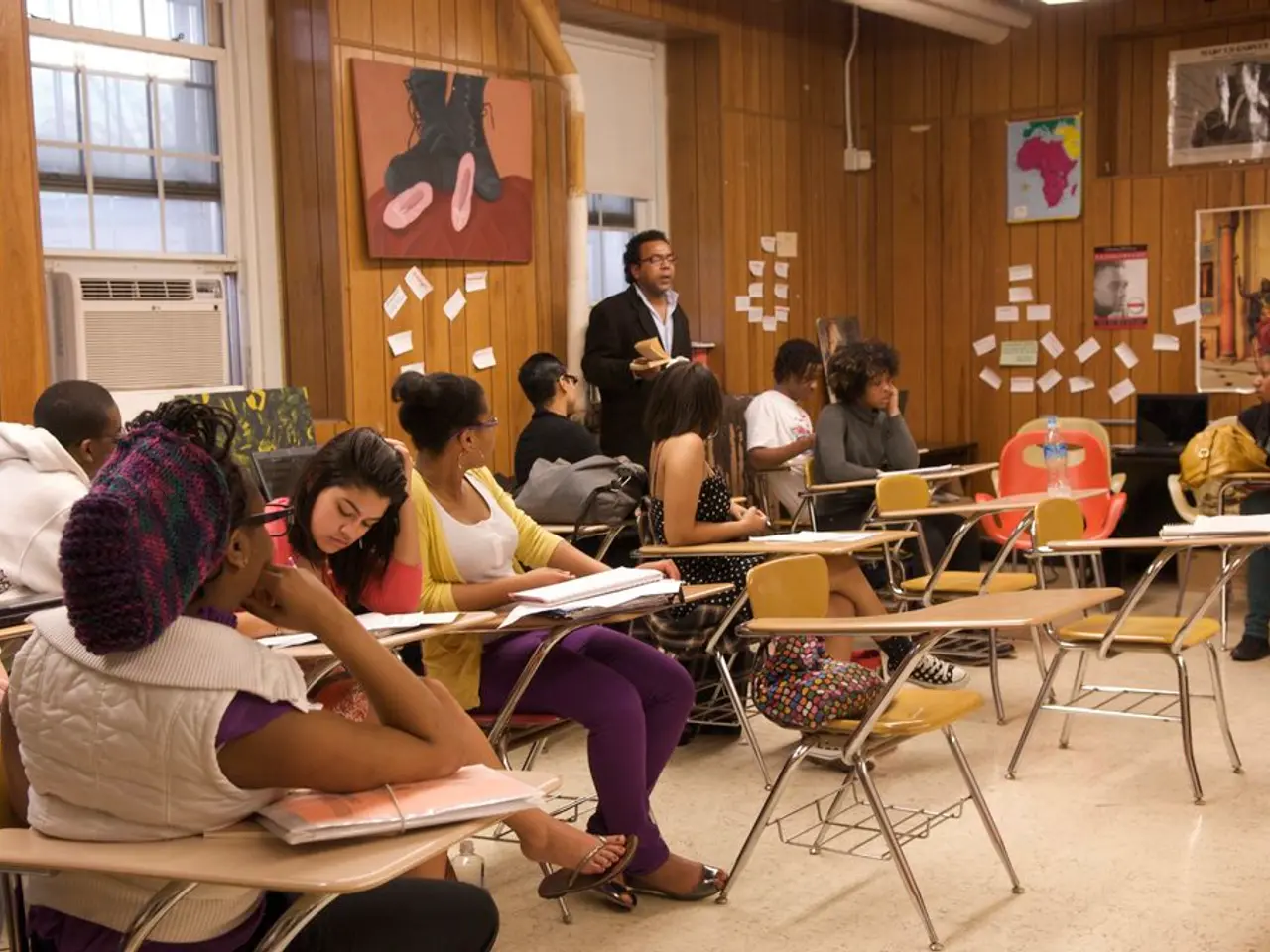Strategies for Students Facing an Uncooperative IB Instructor: A Comprehensive Guide
In the realm of International Baccalaureate (IB) education, students may encounter challenges with unhelpful teachers. However, with a proactive and self-directed approach, it is possible to maintain academic progress and achieve success.
Taking Ownership of Learning
The IB curriculum encourages students to be independent learners, investigating topics and developing conceptual understanding. This can be achieved by asking one's own questions, using textbooks, online materials, and past papers to guide studies.
Forming Study Groups
Collaborative learning and peer support are key components of IB education. Working with classmates helps fill gaps left by an unhelpful teacher and facilitates peer learning through discussion and collective problem-solving.
Utilizing School Resources
If a teacher is unhelpful or grades unfairly, students should consider discussing issues confidentially with IB coordinators, counselors, or trusted staff to find additional guidance or intervention.
Employing Effective Study Techniques
Using methods such as Pomodoro time management, focusing on past exam trends, and maintaining mental well-being through sleep, exercise, and mindfulness all help sustain academic progress and motivation despite teacher challenges.
Maintaining a Positive Relationship Mindset
Even if the teacher is difficult, trying to build a professional rapport can sometimes improve communication or at least ease tension, allowing better cooperation.
Seeking Further Support
If conversations fail to improve the situation, consider asking for a formal meeting involving your teacher, parents, and the IB coordinator. If teacher neglect is well documented, the coordinator might support the student, but they will still be graded by IB examiners.
In extreme cases, switching teachers might be possible if the issue is serious and ongoing, depending on the school's policy.
By embracing the IB’s inquiry-driven teaching style through independent and group study efforts, leveraging school support infrastructures, and applying rigorous study habits, students can effectively counteract an unhelpful teacher and continue to succeed academically.
In the context of International Baccalaureate (IB) education, education-and-self-development involves students taking charge of their learning journey by asking questions, using resources, and employing effective study techniques. Learning can also extend to collaborative efforts through study groups, providing peer support and facilitating exchange of ideas.




